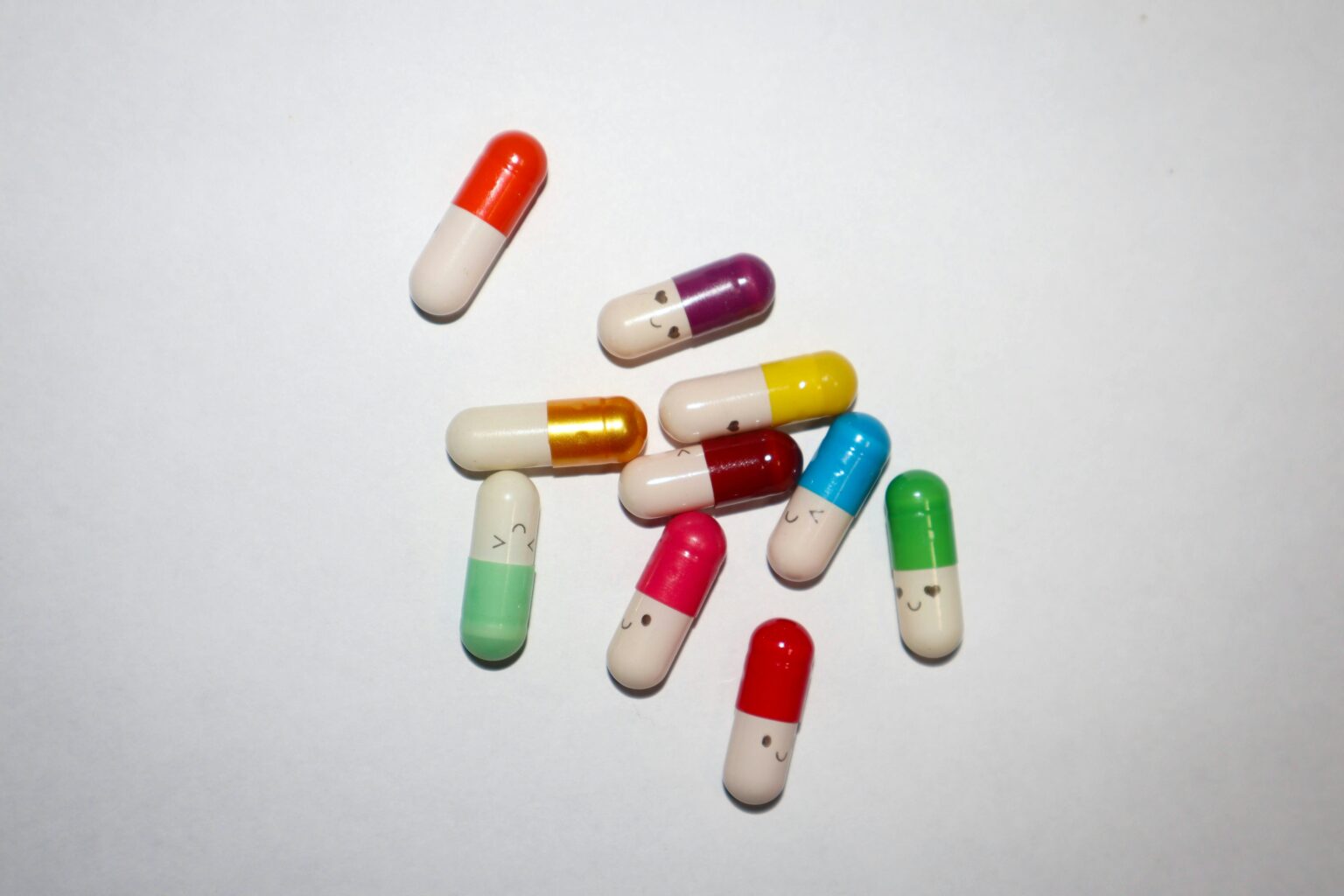The General Superintendence of Brazil’s Administrative Council for Economic Defense (SG/CADE) has formally recommended the rejection of the proposed acquisition of Purifarma by SM Empreendimentos, a subsidiary of the Dutch pharmaceutical compounding group Fagron.
The recommendation follows a detailed investigation into the competitive implications of the merger in the market for pharmaceutical inputs distributed to compounding pharmacies in Brazil.
The decision, published on May 8, now moves to CADE’s Administrative Tribunal, where a final ruling will be made following analysis by a designated reporting commissioner.
According to the SG, the transaction raises serious antitrust concerns due to the high combined market share—exceeding 50%—and the presence of substantial barriers to entry in the sector. These barriers include regulatory and legal requirements, the need for specialized infrastructure and equipment, long-standing trust relationships with clients, economies of scale, and technical capabilities such as product traceability and logistical reach.
Purifarma, through its companies Gemini and Lepuge, operates across a wide range of sectors, supplying pharmaceutical, cosmetic, food-grade, herbal, and veterinary inputs, as well as personal protective equipment (PPE), to pharmacies, industries, and public institutions. SM Empreendimentos is active in overlapping markets and is part of the broader Fagron Group, which also offers analytical laboratory services, software, and genomic testing, and distributes pharmaceutical equipment.
CADE’s investigation concluded that the merger would strengthen Fagron’s position in the supply of commodity inputs—basic but widely used pharmaceutical substances critical to compounding pharmacies. Purifarma is one of the few firms capable of exerting competitive pressure on Fagron in this space. Allowing the merger would likely result in reduced competition, potential price increases, and adverse effects on downstream consumers.
Moreover, the agency noted a lack of viable competitors with sufficient idle capacity to absorb potential demand if prices were to rise. It also ruled out the effectiveness of potential remedies, stating that structural remedies would render the deal unviable and that behavioral commitments would be insufficient to restore pre-merger competitive conditions.
Given these concerns, SG/CADE recommended the transaction be blocked.
The recommendation comes despite Fagron’s recent financial success. In its third-quarter 2024 results, the company reported 12.1% revenue growth, including strong performance across all global segments and strategic acquisitions in Brazil, Germany, and the U.S. The acquisition of Purifarma was highlighted by Fagron as a key milestone to strengthen its presence in the Brazilian market.
The final decision will now rest with CADE’s Tribunal, which will evaluate the case in the coming weeks.
